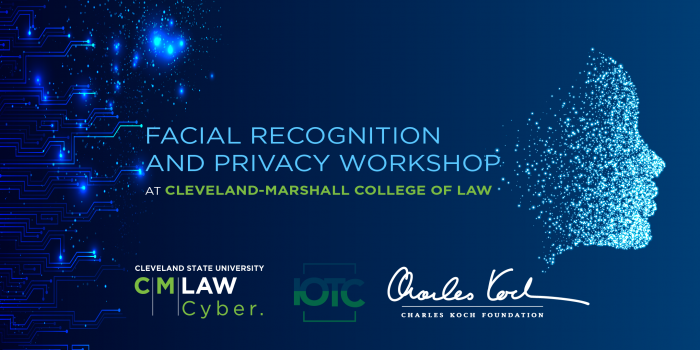“Smart” or “connected” cities and the related phenomenon of “smart” policing and technical surveillance tools, including facial recognition, present a constellation of complex and evolving technological, social, political and legal issues. A small number of cities, counties and other government agencies have started to develop new laws, policies and citizen engagement processes to address the privacy and civil liberties concerns these new technologies pose.
Similarly, law enforcement and other agencies that deploy these technologies at the federal, state and local levels have developed an emerging set of policies and standards regarding the use of the use of these new tools and for analyzing the data they produce.
Both contexts share a common set of core issues that revolve around the critical need to translate a combination of legal, technical and ethical requirements into a working set of policies and procedures that government employees and law enforcement officials at all levels can apply easily “without access to a bevy of expert statisticians, privacy lawyers, or philosophers.”
This Workshop brings together government officials, privacy and civil liberties advocates, and other experts to examine the privacy and civil liberties concerns raised by the use of facial recognition and other surveillance technologies and to examine existing models and emerging best practices for how communities can work with state and local government to thoughtfully address them.
General admission is free. Admission and CLE credit is $100. Register here.



